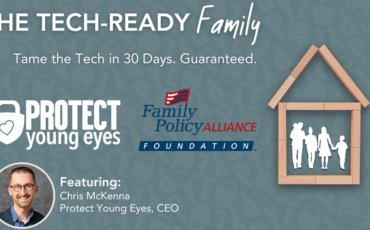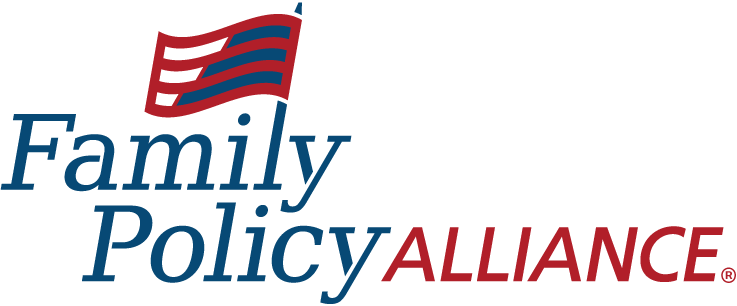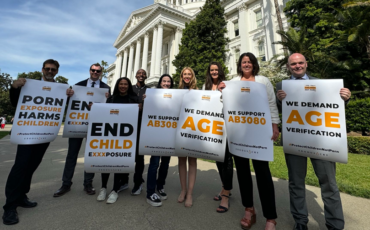

Owning a business is a big responsibility. On top of managing all the administrative tasks, business owners must set guidelines that align with their values. Lorie Smith, a website designer from Colorado and owner of 303 Creative, wanted to start creating wedding websites, but knew she would not be able to design them for same-sex weddings as those went against her values.
But Lorie faced a dilemma when she learned that Colorado’s anti-discrimination law (CADA) would force her to design websites for same-sex weddings or face severe penalties. Lorie faced an important choice, and she knew what she had to do. I won’t spoil the whole story, but it ends at the Supreme Court and it’s one you won’t want to miss.
Join us live today to hear from Matt Sharp, Senior Counsel at Alliance Defending Freedom, to get an inside scoop on the story and encouragement about your right to free speech!
TUNE IN TODAY on Facebook, Twitter, or YouTube
Or watch on this page by clicking the image below.
10:00am PT / 11:00am MT / 12:00pm CT / 1:00pm ET
At Family Policy Alliance, our vision is a nation where God is honored, religious freedom flourishes, families thrive, and life is cherished. To stay up to date on the fight to protect families and learn how to take action, follow us on social media!
See you in the comments section!

Emma Rarden
Digital Specialist – Producer
P.S. Have you checked out our NEW podcast? We pick the brains of newsmakers and experts to break down what’s happening now on the issues YOU care about. With new episodes weekly, you’ll be up to date on all things that affect your family. Listen on Spotify, Apple Podcasts, or Google Podcasts.


